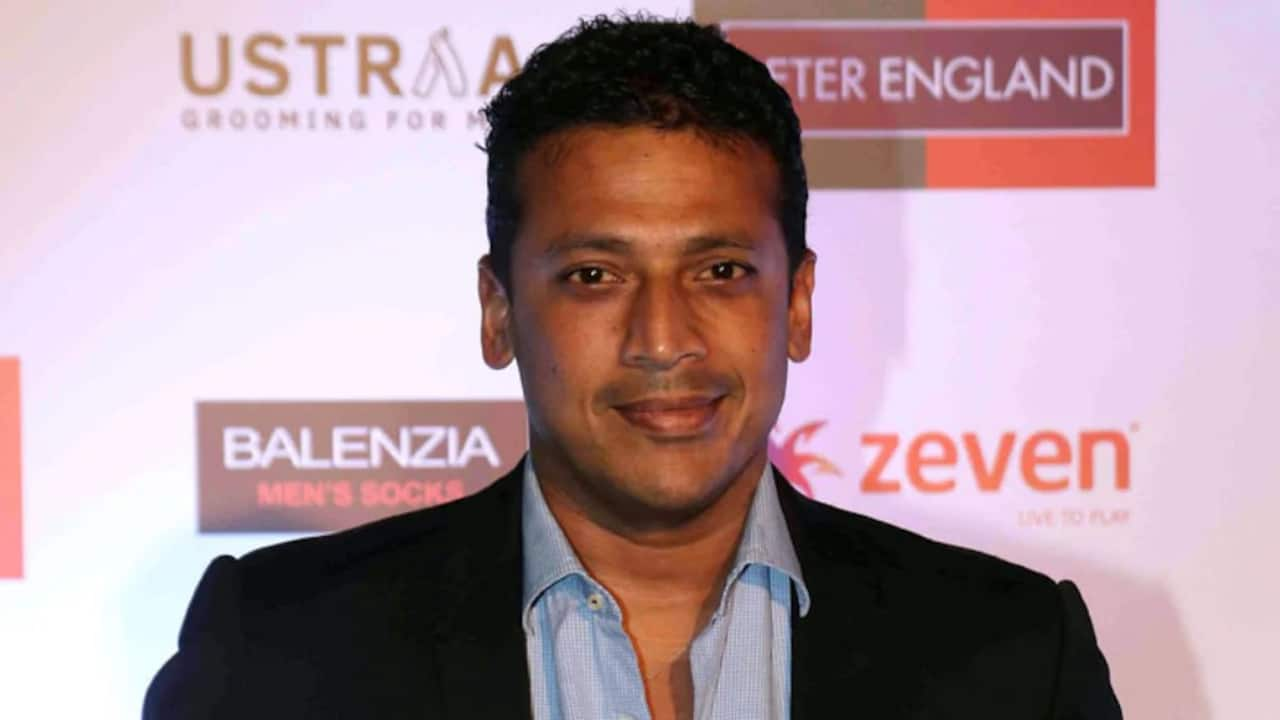Business
Mahesh Bhupathi Criticizes Indian Tennis System Amid Controversy

The Indian tennis landscape has faced significant upheaval in 2024, primarily attributed to conflicts between the All India Tennis Association (AITA) and prominent players. In response to this turmoil, former doubles tennis champion Mahesh Bhupathi has voiced strong criticism regarding the inadequacies within the country’s tennis infrastructure. His remarks highlight a growing concern about the future of tennis in India as the sport grapples with systemic issues.
Bhupathi’s Critique of AITA and Player Challenges
Bhupathi, a 12-time Grand Slam doubles winner, recently took to social media to express his frustration with Anil Dhupar, who was the Secretary General of AITA at the time. He accused Dhupar of “butchering Indian tennis players,” reflecting a broader sentiment of dissatisfaction with the current management. In a dramatic turn of events, Dhupar has since been removed from his position by AITA’s executive committee, although he has contested this decision in the Delhi High Court.
Adding to the controversy, top-ranked Indian players Sumit Nagal and Yuki Bhambri, who had withdrawn from the Davis Cup amidst the ongoing disputes, have now rejoined the national squad. Bhupathi, in an exclusive discussion with Moneycontrol, emphasized the need for structural improvements within Indian tennis, stating, “There are gaps that are exactly why we don’t see the results that we all as tennis fans want to see.” He firmly believes that without addressing these issues, the prospects for future champions remain bleak.
Bhupathi’s Role Beyond Tennis
Aside from his involvement in tennis, Bhupathi has expanded his career into sports entrepreneurship. He is the CEO of SG Sports, Media and Entertainment, which operates the Delhi SG Pipers in the Hockey India League and the Ahmedabad SG Pipers in the Ultimate Table Tennis tournament. He also co-founded the World Padel League, which recently concluded its third edition. Bhupathi described his interest in padel as a fusion of tennis and squash, noting its increasing popularity in India.
He explained that the padel ecosystem is still in its infancy in the country but offers substantial growth potential. “The league obviously, the kind of quality of players that we have here, the padel fans in India don’t get to see at all,” he remarked, highlighting the sport’s accessibility compared to traditional tennis.
Bhupathi further emphasized the convenience of participating in padel, stating, “There are a lot of Pay and Play arenas, which, unlike tennis, unless you’re a member of a club, it’s very hard to get a tennis court.” He sees a promising future for racquet sports in India, predicting that the growth will continue annually over the next five to six years.
In a related note, Arjun Singh Verma, COO of sports community platform Hudle, echoed Bhupathi’s observations regarding the rise of sports like pickleball in cities such as Surat and Jaipur. He pointed out that despite the growing interest, the infrastructure in smaller cities still lags behind that of major urban centers.
As Indian tennis navigates these challenges, the call for a stronger, more effective system becomes increasingly urgent. Without significant changes, the dream of nurturing future champions may remain just that—a dream.
-

 World5 months ago
World5 months agoSBI Announces QIP Floor Price at ₹811.05 Per Share
-

 Lifestyle5 months ago
Lifestyle5 months agoCept Unveils ₹3.1 Crore Urban Mobility Plan for Sustainable Growth
-

 Science4 months ago
Science4 months agoNew Blood Group Discovered in South Indian Woman at Rotary Centre
-

 World5 months ago
World5 months agoTorrential Rains Cause Flash Flooding in New York and New Jersey
-

 Top Stories5 months ago
Top Stories5 months agoKonkani Cultural Organisation to Host Pearl Jubilee in Abu Dhabi
-

 Sports4 months ago
Sports4 months agoBroad Advocates for Bowling Change Ahead of Final Test Against India
-

 Science5 months ago
Science5 months agoNothing Headphone 1 Review: A Bold Contender in Audio Design
-

 Top Stories5 months ago
Top Stories5 months agoAir India Crash Investigation Highlights Boeing Fuel Switch Concerns
-

 Business5 months ago
Business5 months agoIndian Stock Market Rebounds: Sensex and Nifty Rise After Four-Day Decline
-

 Sports4 months ago
Sports4 months agoCristian Totti Retires at 19: Pressure of Fame Takes Toll
-

 Politics5 months ago
Politics5 months agoAbandoned Doberman Finds New Home After Journey to Prague
-

 Top Stories5 months ago
Top Stories5 months agoPatna Bank Manager Abhishek Varun Found Dead in Well









